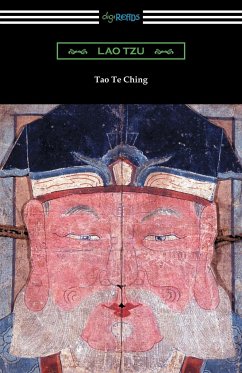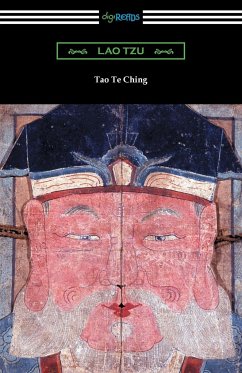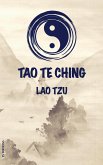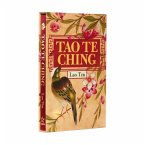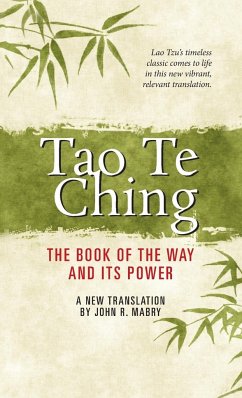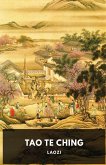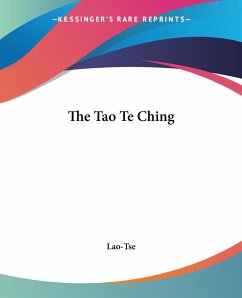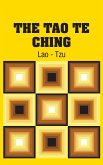A classic Chinese text dating from the 6th century BC, the "Tao Te Ching" or "Book of the Way" consists of 81 short poems that unfold the spiritual nature of Taoism, one of the ancient Chinese religions. In describing the universal life force implicit in all things, this work shows readers a path that teaches contentment and balance. The simple language of Lao Tzu's manual on the art of living, essentially encourages being humble, temperate, and considerate in the face of life's predicaments. The wisdom of being a part of the Tao leads to a serenity of spirit that improves all aspects of human life, from the demands of work and family, to the dealing with life's joys and difficulties. An essential for the meditation of Taoists for thousands of years, the "Tao Te Ching" is as beneficial and informative as it is enduring. This edition is translated with commentary by James Legge and is printed on premium acid-free paper.
Hinweis: Dieser Artikel kann nur an eine deutsche Lieferadresse ausgeliefert werden.
Hinweis: Dieser Artikel kann nur an eine deutsche Lieferadresse ausgeliefert werden.

